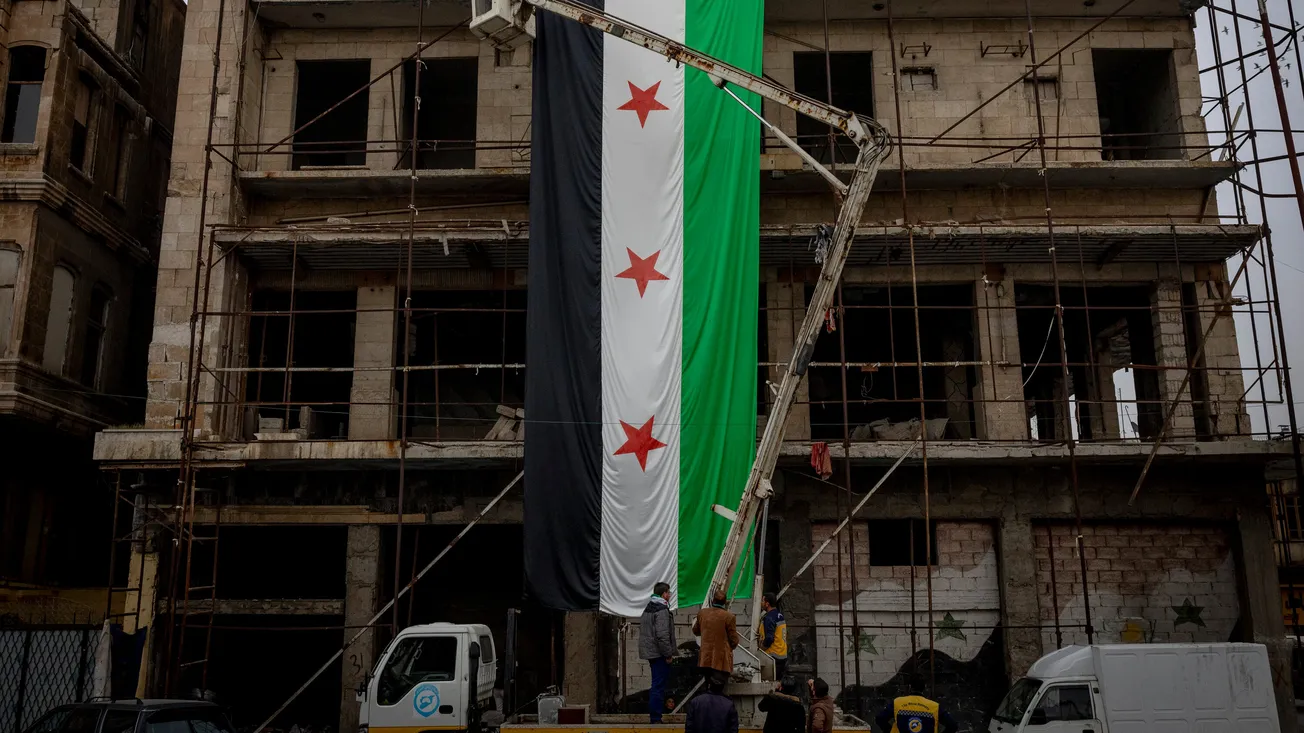The recent conflicts in Gaza, Israel, and Syria have sparked a concerning rise in both Islamophobia and anti-Semitism worldwide, revealing an alarming erosion of empathy in societies that are already deeply divided.
The Surge in Discrimination
In various parts of the world, communities are experiencing heightened tensions as hate crimes against Muslims and Jews have surged dramatically. In some regions, Islamophobic incidents have escalated following the Israel-Hamas war, with many Muslims facing threats, verbal abuse, and physical attacks. At the same time, anti-Semitic acts have increased, with Jewish individuals targeted through vandalism, harassment, and outright violence. This dual rise in discrimination underscores the toxic impact of polarizing conflicts on global societies.
Syrian Refugees and the Question of Return
Meanwhile, the situation in Syria presents a separate, yet equally pressing, humanitarian concern. As host countries begin to push for the return of Syrian refugees, the reality remains bleak for those contemplating going back. Many refugees fear returning to a homeland ravaged by war, lacking basic infrastructure, and fraught with uncertainty. In some countries, financial incentives are being offered to refugees to encourage their departure, but this often overlooks the challenges and dangers awaiting them in Syria. Refugees who have integrated into their host countries’ societies now find themselves caught between the fear of returning to instability and the pressure to leave the lives they have rebuilt.
A Crisis of Empathy
Amid these developments, the question arises: where has our collective empathy gone? The simultaneous rise of Islamophobia and anti-Semitism reveals the dangerous consequences of societal polarization, where communities are forced into opposing camps. The plight of Syrian refugees further highlights the fragility of empathy, as their struggles are often overshadowed by political agendas and competing crises. Empathy, however, should not be finite. It is not a resource that can only be directed toward one group while neglecting others.
Rekindling Compassion
Empathy has the potential to transcend borders, identities, and conflicts. It compels us to acknowledge the shared humanity of those who suffer, regardless of their religion, ethnicity, or circumstances. The world cannot afford to let compassion be overshadowed by fear, prejudice, or indifference. Addressing the root causes of discrimination and supporting vulnerable populations—whether they are victims of hate crimes or displaced refugees—requires collective action and a commitment to understanding.
As the global community faces these intertwined challenges, it is imperative to resist narratives that divide and dehumanize. Instead, empathy must serve as a unifying force, fostering solidarity and compassion for all. Only by embracing our shared humanity can we begin to heal divisions, challenge prejudice, and create a more inclusive and compassionate world.






